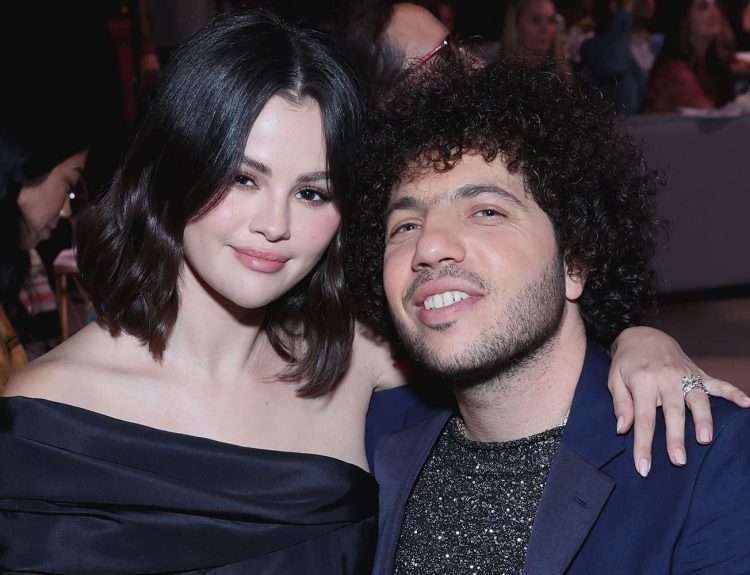US animated comedy series The Simpsons will no longer use white actors for the voices of characters from other ethnic backgrounds, the show’s producers say.
The show, broadcast on Fox Network, has faced years of criticism over white actor Hank Azaria’s voiceover of Indian-American character Apu.
Mr Azaria said earlier this year that he was stepping down from the role.
The entertainment industry has come under growing pressure to provide more opportunities for non-white performers.
Friday’s announcement comes in the wake of the Black Lives Matter protests, which were sparked by the death of African-American George Floyd in US police custody on 25 May.
“Moving forward, The Simpsons will no longer have white actors voice non-white characters,” the producers said in a short statement.
In January, Mr Azaria said he would no longer be performing the voice of Indian convenience store owner Apu Nahasapeemapetilon, a role he had played since the character was created in 1990.

“We all made the decision together… We all agreed on it. We all feel like it’s the right thing,” he said at the time.
The show had been accused of using the character in a way that reinforced racial stereotypes.
Mr Azaria – who provides the voice of other characters, including black police officer Lou and the Mexican-American Bumblebee Man – said he found it “very upsetting to me personally and professionally” that anyone felt marginalised because of Apu.
Fox Network’s statement on Friday did not say whether Apu or other characters would continue to feature in the show.
Other white US actors to announce that they will no longer be providing voiceovers for people of colour include Mike Henry and Kristen Bell.
Mr Henry provided the voice of black character Cleveland Brown in the animated series Family Guy for 20 years.
“I love this character, but persons of colour should play characters of colour,” he tweeted on Friday.
Ms Bell, who provided the voice of Molly, a mixed-race child, in the cartoon series Central Park, said doing so displayed “a lack of awareness”.
“Casting a mixed race character [with a] white actress undermines the specificity of the mixed race and Black American experience,” she added.
BBC


2 Comments